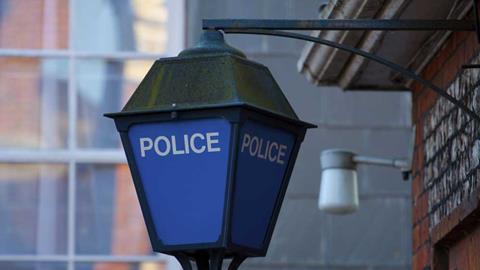The Court of Appeal has allowed an appeal over the scope of advocates’ immunity from civil suits for statements made while conducting a case in court.
The case in The Chief Constable of Sussex Police and another v XGY centres on a claim for damages against the chief constable of Sussex Police and the Crown Prosecution Service under the Human Rights Act and Data Protection Act and for breach of confidence and misuse of private information. The claimant, identified as XGY, made allegations against DYP who had been arrested on a domestic violence charge.
At DYP's bail hearing in Brighton and Hove magistrates’ court, the advocate for the CPS, who sought a condition of bail designed to protect XGY, revealed her address which had been provided to the police in confidence and passed to the CPS without any indication it was confidential.
XGY’s claims against the CPS were struck out on the grounds of advocate immunity as were the claims against the police, on the ground that the police were entitled to rely on the same immunity as advocates by extension. She appealed against the decision which was allowed. Sussex Police and the CPS appealed that decision.
The lady chief justice, Dame Victoria Sharpe and Lord Justice Coulson said it was ‘wrong’ for the judge who allowed the appeal to state XGY’s address was irrelevant to DYP’s bail hearing.
They added: ‘When testing the proportionality of any bail condition, it is necessary for both an advocate and the court to know a complainant’s current address. Of course, in a domestic violence case like this, the address should not be referred to expressly in open court: that was the error that occurred. This cannot detract however from the materiality and importance of the address for the purposes of the bail hearing.
‘Whilst the disclosure of XGY’s then address should not have occurred, the words of the CPS advocate were spoken indubitably “in the ordinary course of court proceedings” and so covered by the core immunity.’
Read more
Core immunity is ‘far wider in scope’ and ‘not limited to evidential matters’ but also to ‘statements (said or written) made in court’, the judges said. Striking out XGY’s claims against the police and CPS, the judges expressed their ‘sympathy for her and the situation in which she was placed’, adding: ‘We wish to emphasise that nothing that we have said is intended to detract from the consequences for XGY of the disclosure of her Hampshire address. However, public policy and long-established principle mean that she does not have a legal remedy in these proceedings for what happened.’
The Bar Council intervened in the case. Chair Barbara Mills KC said: ‘In our intervention we sought to protect the core principle of immunity from liability for advocates and argued that those who participate in court proceedings should be able to speak freely, without fear of being sued. This principle is critical for access to justice and the administration of justice.'
This article is now closed for comment.




























1 Reader's comment